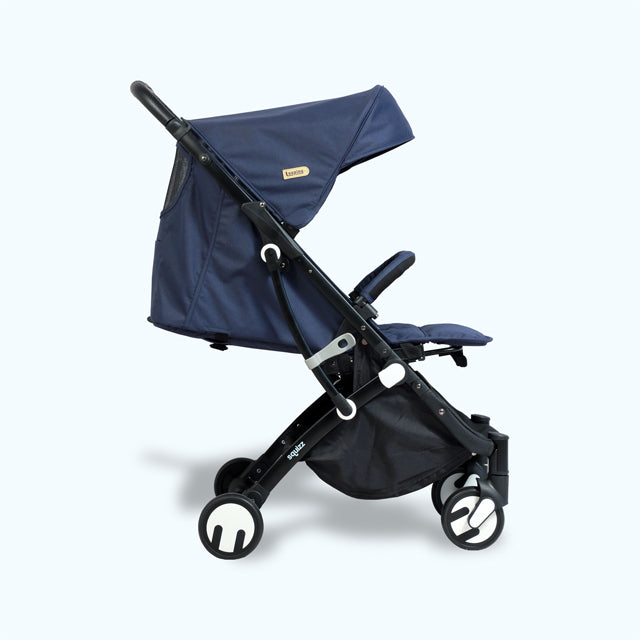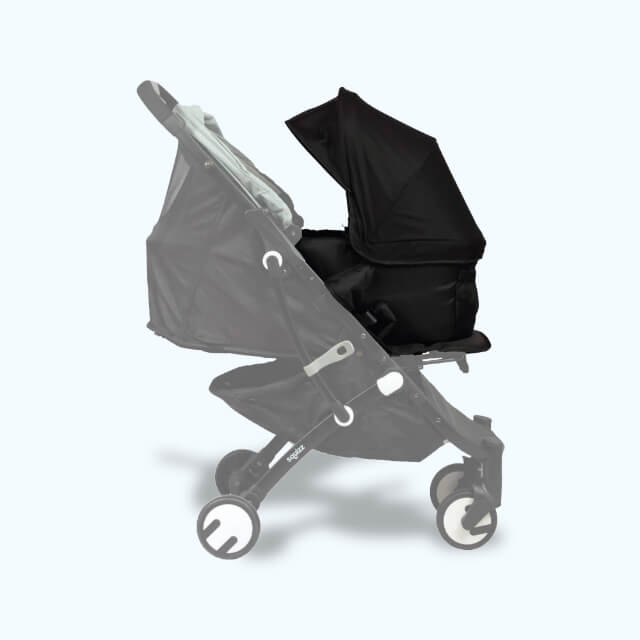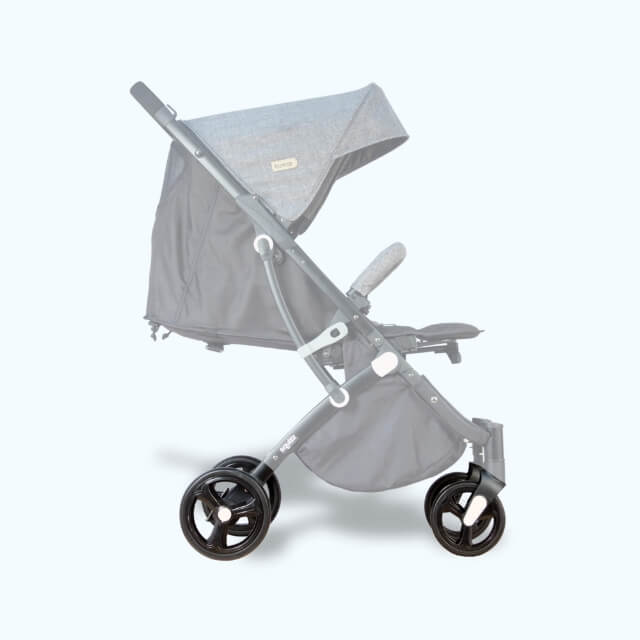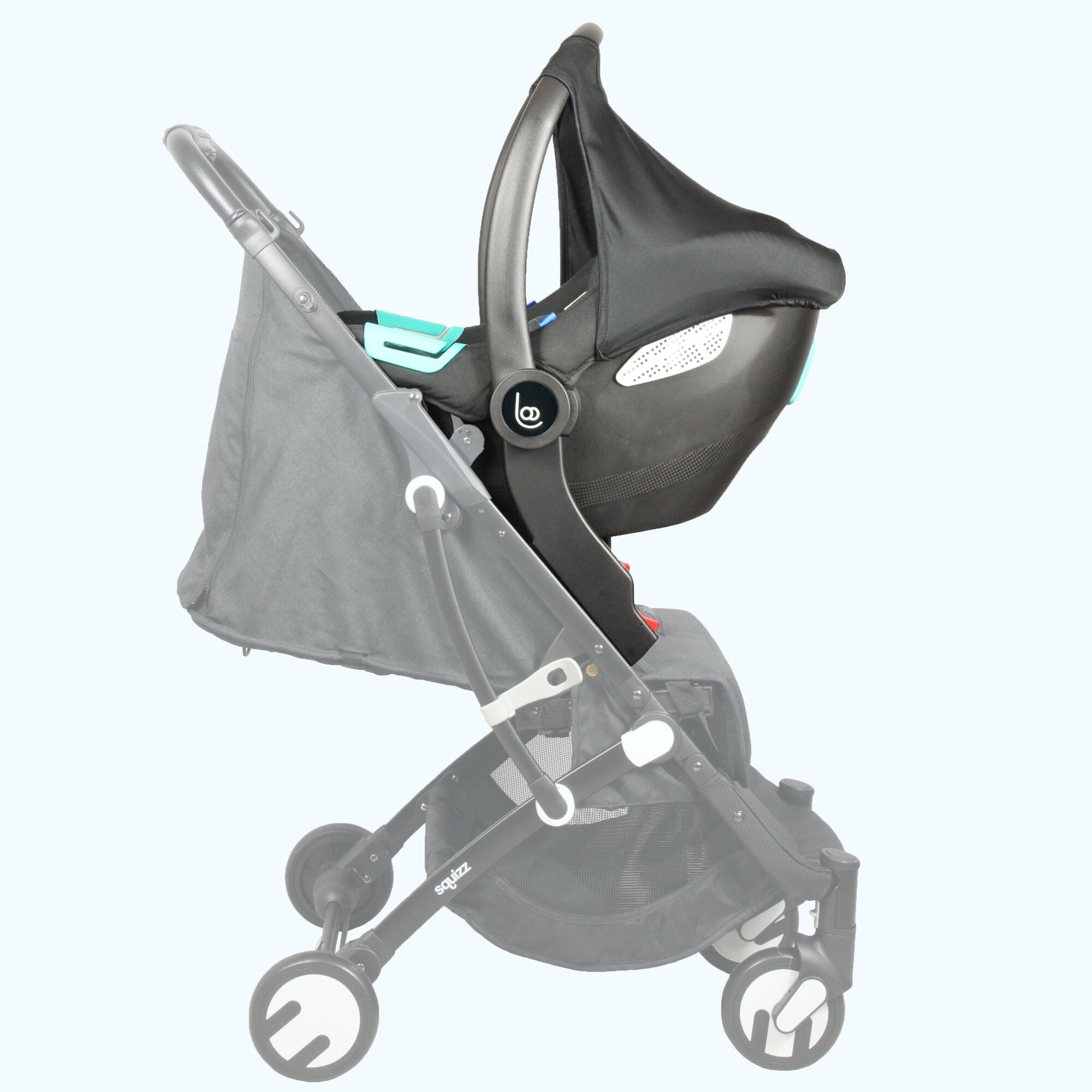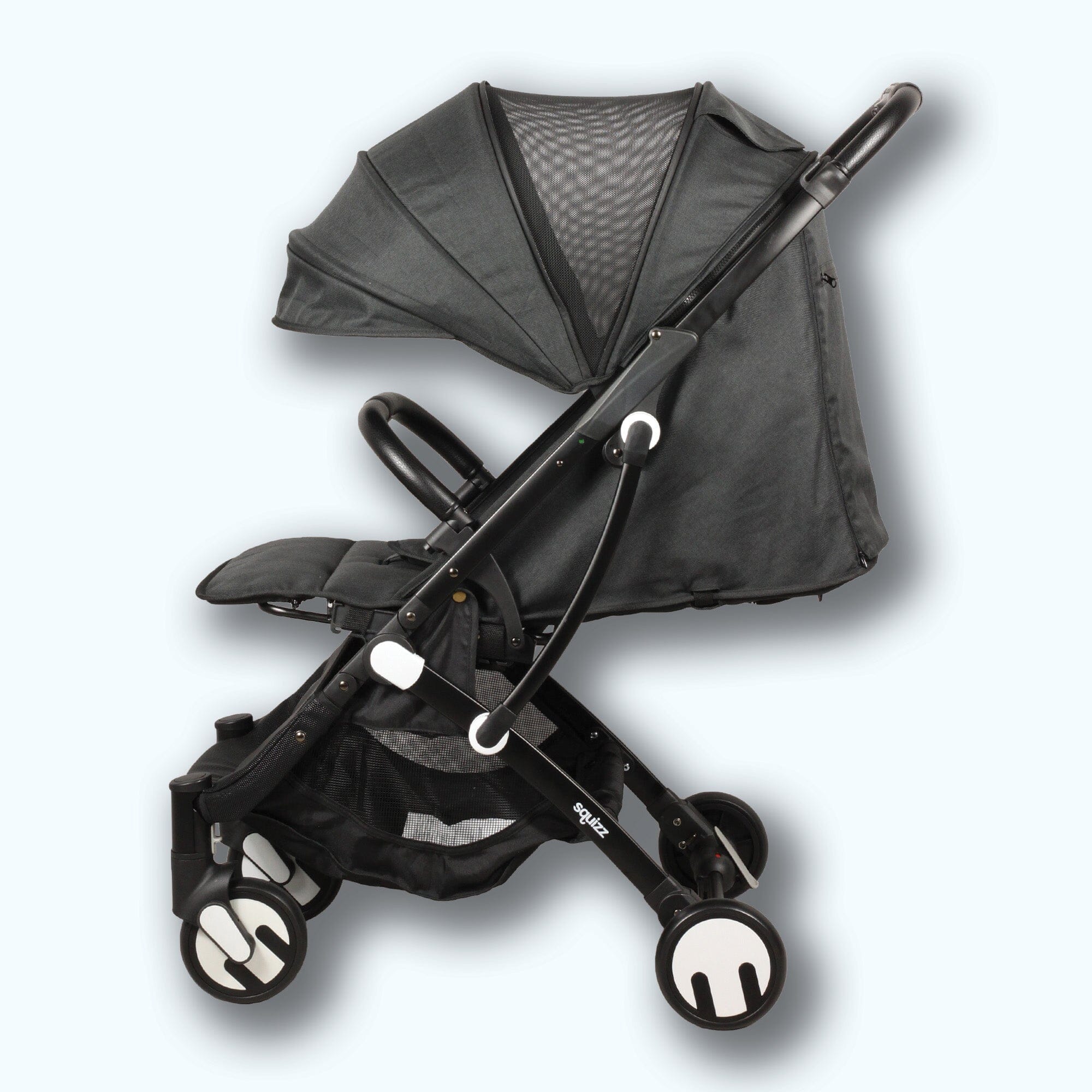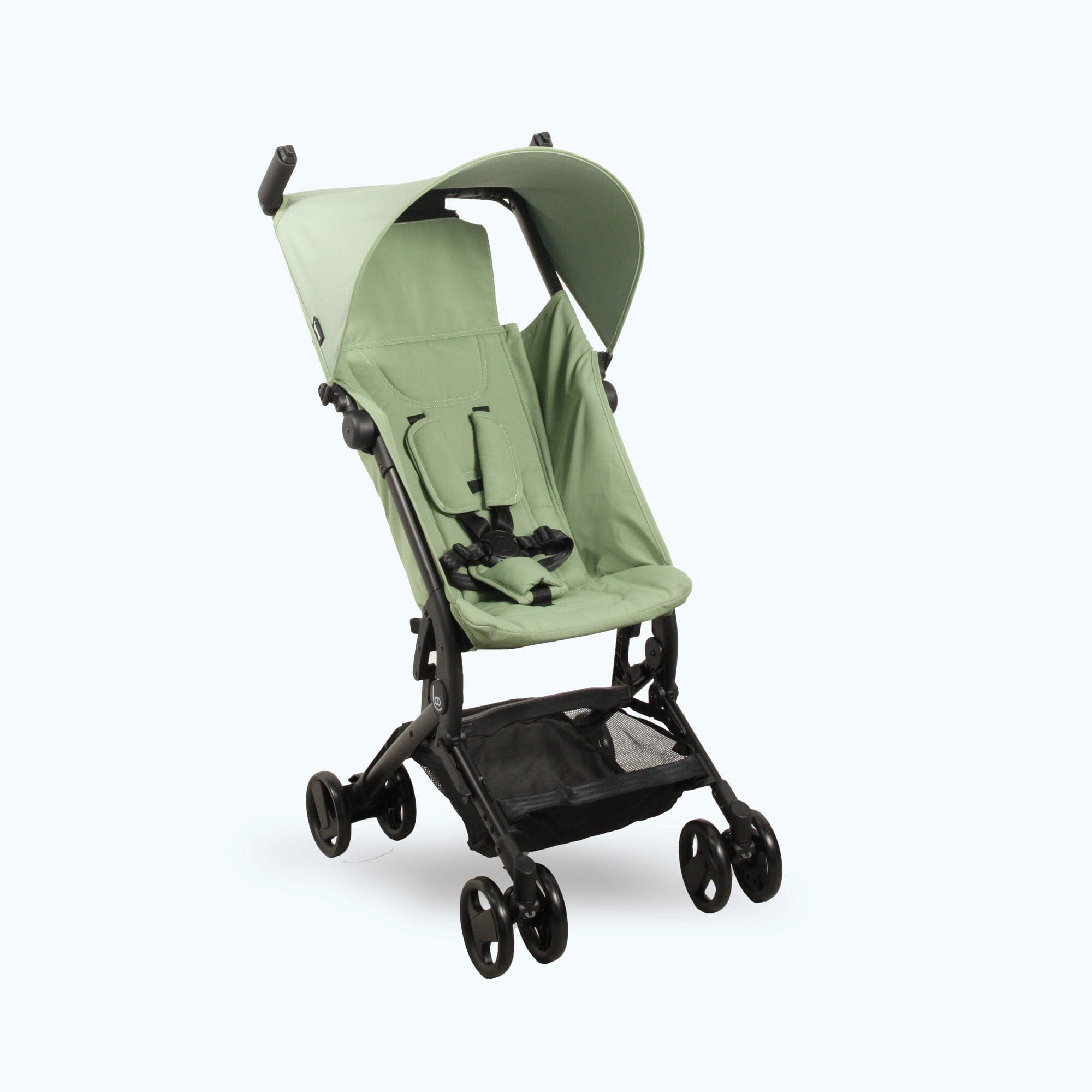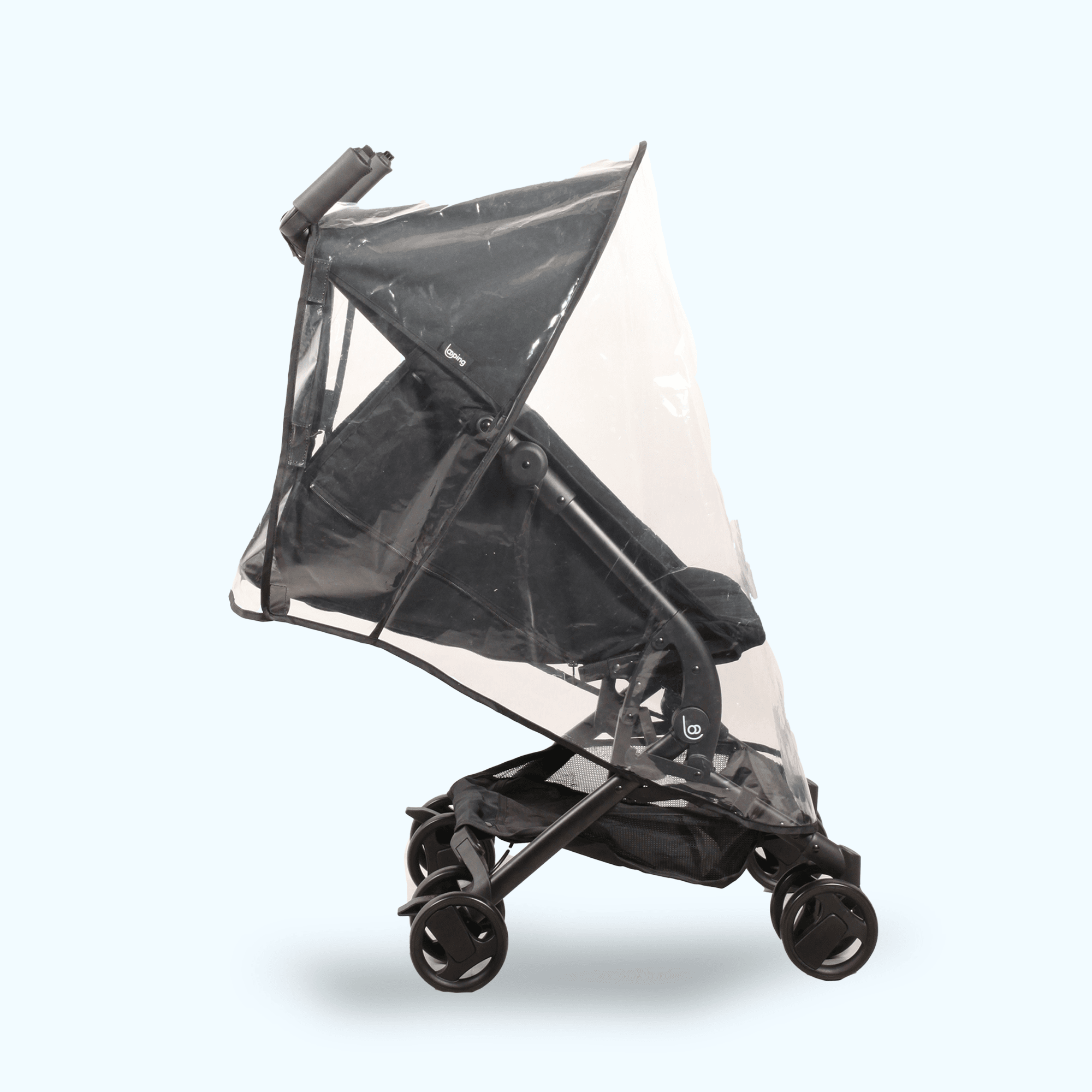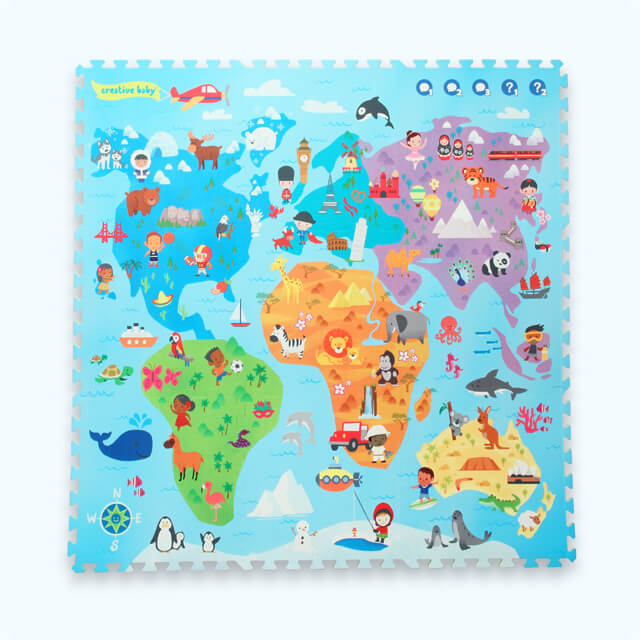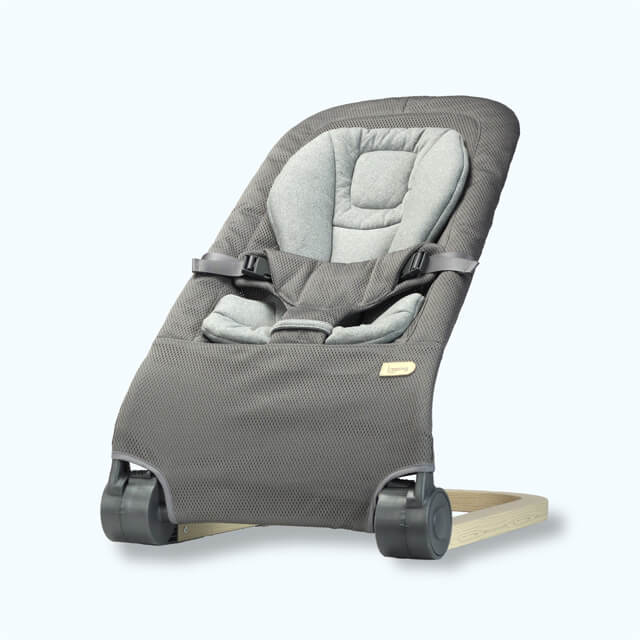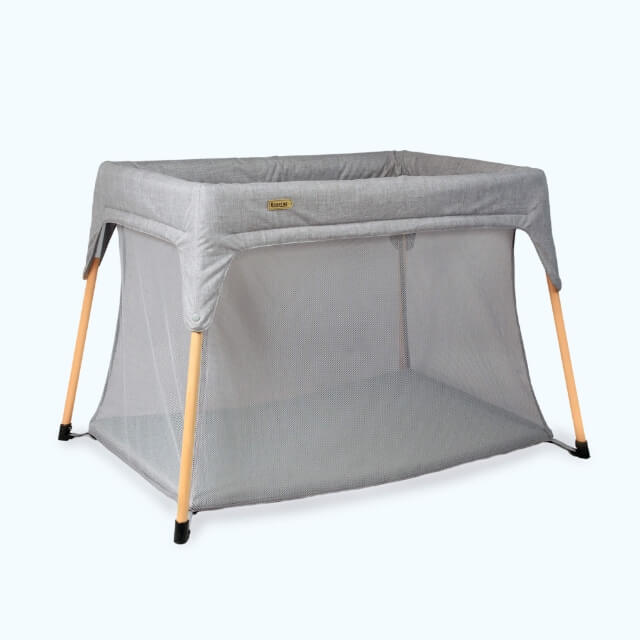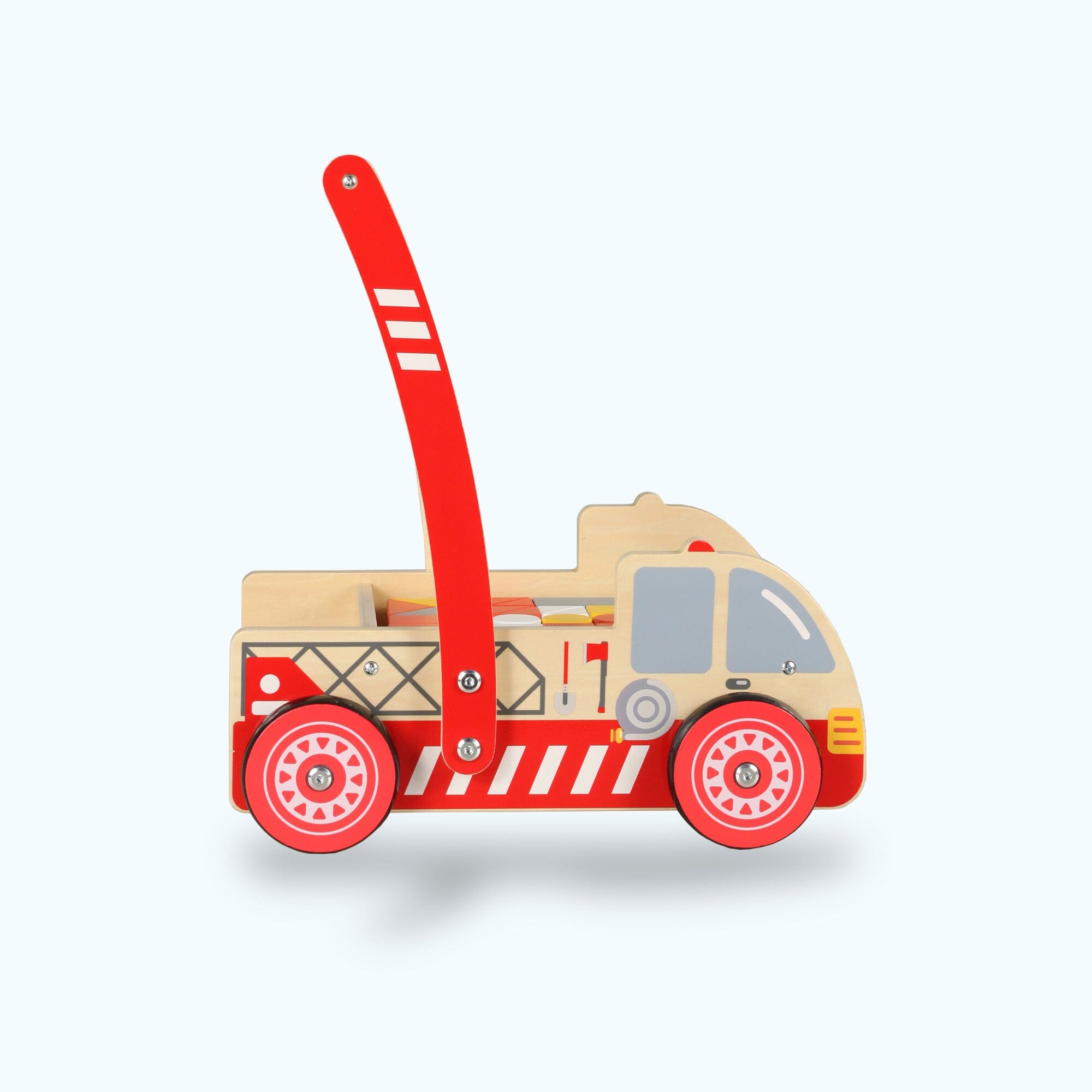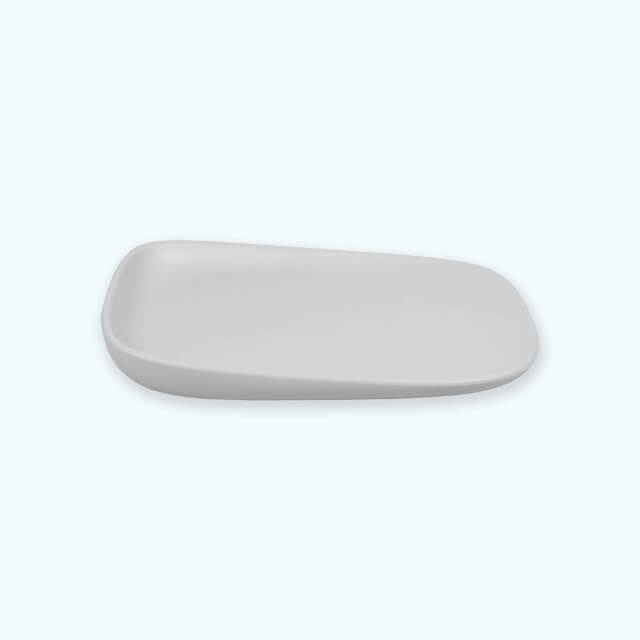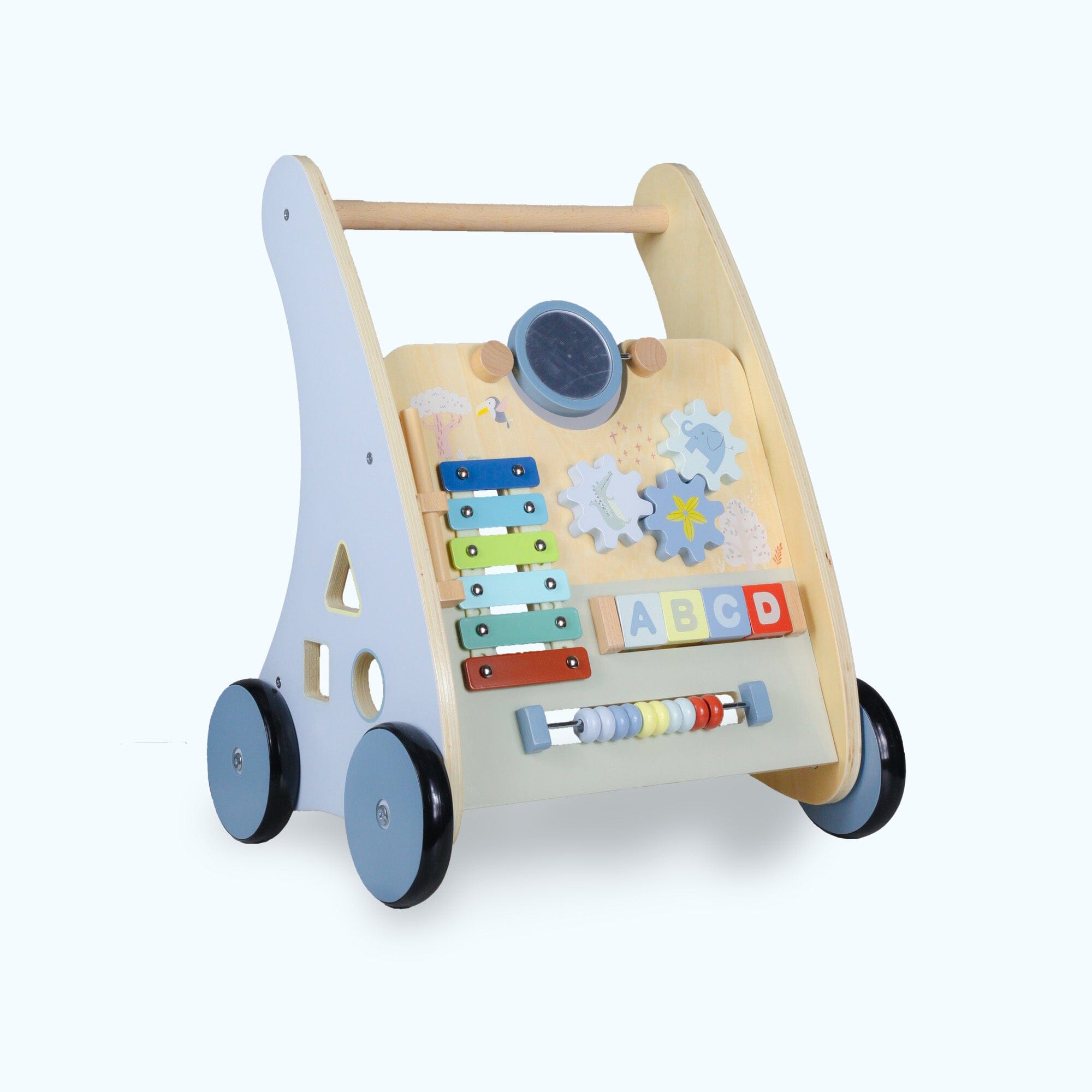You hear the word "quarantine" and you automatically think of the long list of things we're not allowed to do these days. But maybe you should instead think about all the opportunities that this slower lifestyle offers... Here are all our tips and advice to make the most of this strange time!
" I do not have time ". Certainly the phrase that stuck with us the most. Instead of sitting around worrying about coronavirus or feeling alone, use your free time to learn new skills, pamper yourself, and reconnect with what makes you happy. It's called downtime for a reason.
If some of you use this time to rest and let go, others would like to make this time available. Don't see this list as any kind of pressure. Indeed, most people would like to take this opportunity to make the most of this time. But the more you push, the more creativity escapes, especially when you're under pressure. And we know that the most creative moments are often unexpected.
Why create?
Create to escape. To live concretely. To come true. It’s not necessarily about doing nice things, it’s just about doing things. Creation is found everywhere. Every moment. Cooking, writing, dancing... this is creating.
The question is how to optimize your creative sense. The ideal is to create an inspiration board . You can write down all the ideas that come to mind and use them as you go, at your own pace, when you feel like it. Of course, some ideas will be relevant while others will not.
See this article as a source of inspiration if you're stuck for ideas of things to do to help you get through this difficult time with your mental health intact
1. Well-being - meditate
Meditation is one of the best things you can do right now to relieve stress and improve your well-being. This practice reactivates our energy, relaxes our muscles and frees our mind. 🍃
There are meditation techniques for beginners that will allow you to achieve more calm, serenity, peace, fullness, but at your own pace. For now, only the improvements and well-being you feel during practice should count, which is already a lot. All you have to do is settle into a comfortable position, concentrate on your breathing or on a concept of your choice. Then simply study the object of your attention in all its aspects, without losing sight of it by letting yourself be carried away by the flow of thoughts. This simple meditation will allow you to train your mind to stay focused. You will see your ability improve and you will reach deeper states of consciousness through simple regular practice. If you have a child at home, this will allow you to be much less stressed.
We know that the life of a mother or a pregnant woman can be extremely stressful. And, as we also know, meditation helps free us from the stress of daily life. Take this little time every day to close your eyes and breathe mindfully. This little time just for you.
If you are pregnant, know that meditation helps strengthen the bond with your child. Thanks to this calm and this bubble that you create, you will be better able to feel the presence of your baby, and thus communication and positive emotions will be all the easier to transmit.
Stress can have many unsuspected impacts on pregnant women and their children. It is proven that women who face a high dose of stress during pregnancy are more likely to experience premature labor or give birth to an underweight baby. Meditation helps women reach the end of their pregnancy in the healthiest way possible. Indeed, because of the intimate bond that exists between the fetus and the mother, the stress is direct. It can have an impact on the fetus and more particularly on its development. Thus, according to several studies, too high a level of stress during pregnancy can alter the physical, emotional and cognitive development of the baby. Meditation best allows us to relax and manage all the daily emotions that overwhelm us.
We have found 10 short videos that will help you get started with meditation. To go further, after this little meditation session, why not practice a complementary sport like yoga? Stretch, do breathing exercises to relieve stress, then learn popular yoga postures through regular sequences. Your body will thank you!
2. Write in a journal
You are living today through a major historical event that people will study later, and talk about for generations after this is all over. Writing a journal about your feelings, daily emotions, impressions and desires will not only help you preserve your memories, but will also help you process your feelings about this precious time that seems endless.
We all like to complain about confinement but there are people for whom this period is more difficult to manage. You might consider making a gratitude journal and expressing all those little things in life that you feel grateful for. This will allow you to put things into perspective and realize how lucky you are.
3. Read books
The antidote for all the grim news you've been reading lately? An ebook about happiness, success, self-help, or another positive topic. Of course, romance or science fiction novels count too!
When was the last time you took the time to read a book, or a long article in your favorite magazine? Do your reading habits gravitate more towards Facebook, Instagram, Twitter? If you are one of the many people who do not have the habit of reading every day, you are missing out on many benefits: reading can be an effective and useful way to vary activities at home. Just like meditation, it not only reduces stress and calms the mind, but also stimulates the brain and contributes to the development of vocabulary and the improvement of writing: the more we read, the more we discover new things. words, and the more likely you are to use them in your daily language. Expressing yourself eloquently and precisely is a valuable professional asset. Being able to communicate with your superiors with confidence is a great way to improve your self-esteem. Reading also has a beneficial effect on learning a foreign language. Reading a book in another language allows you to see words used in context. This improves both written and oral skills.
We know it's difficult to maintain a healthy rhythm when our days aren't structured the way we're used to. Taking a break from screens and starting reading will help you sleep better.
Several studies indicate that mental stimulation can slow the progression (and perhaps even stop it altogether) of Alzheimer's disease and dementia. The reason is simple: keeping your brain active prevents it from losing its abilities. Like all other muscles in the body, the brain needs training to stay strong and healthy. In this case, reading improves memory, analytical skills and concentration because it requires remembering a multitude of information: the characters, their past, their intentions, their experiences, then the nuances, and all the secondary actions that intertwine with the main action. When we read a book, all our attention is directed to the plot of the work. It's as if the rest of the world dissolves and you can dive completely into the details of the story.
For our future mothers, or those who tend to become one, here are some books that we loved. It's a gift.
-
I'm expecting a child by Laurence Pernoud
It is a complete and reassuring bible which accompanies from the start of pregnancy to the first weeks after birth ( I raise my child by the same author can take over afterwards), addressing the psychological upheavals caused by pregnancy, the questions nutrition, health or even the month by month development of the baby before birth.
-
Breastfeeding by Marie Thirion
Breastfeed, not breastfeed? The question arises from the first weeks of pregnancy. To find out more about the subject, rely on the reference on the subject, signed by a maternity pediatrician with twenty-five years of experience, who effectively responds to the concerns of future mothers.
-
Preparing for birth by Francine Chenelot
A very good childbirth preparation book rich in anatomical descriptions to learn about your body better and which details the positions to adopt from the first contractions to the last push. The CD that accompanies the book is dedicated to sophrology and offers four relaxation sessions to prepare at home for the baby's arrival.
-
The Best Way to Eat While Expecting Baby by Laetitia Agullo
Edited by Thierry Souccar, the Zorro of nutrition, and written by dietician, nutritionist and naturopath Laetitia Agullo, this book details the best diet to adopt from pre-conception until childbirth. Ultra comprehensive, it sifts through the foods and specifies which ones to favor and which ones to avoid to combat nausea, control your weight gain, optimize your health and that of your baby, in short, experience your pregnancy in great shape. The fact remains that, like its successor Eating well for 9 months , it is no longer sold: therefore find second-hand.
-
Well-being and maternity by Bernadette de Gasquet
Doctor and yoga teacher, Bernadette de Gasquet has been shaking up obstetrics since the 1990s with her “Gasquet method” – mixing traditional knowledge and modern medicine – and her famous hobby horses: freedom of position during childbirth and care of the perineum.
Well-being and motherhood offers young and future mothers exercises borrowed from yoga and advice that is as pragmatic as it is useful.
-
Everything is decided before 6 years old by Fitzhugh Dodson
Why is my son still not walking? What toys should I choose for him? Can I teach him to read? We do not automatically possess the wisdom and efficiency necessary for the art of parenting. It’s a job that is learned “on the job”. However, to avoid making mistakes, it is useful to know the path that all children take until they reach their full development. For Doctor Dodson, “everything” happens before the age of six. It is therefore important to help the child without constraining or forcing him to make the best use of his skills and personality. In this guide, he shares with us with great warmth and tenderness his experience as a parent and psychologist.
-
Baby, tell me who you are of Philippe Grandsenne
The arrival of a newborn takes his parents on an adventure full of unexpected events. Far from theories and preconceived ideas, this book, written by a pediatrician, has only one ambition: to help parents watch their baby live to understand him as he is.
4. Listen to podcasts
Podcasts — audio programs that you listen to through your phone — are one of the best ways to cultivate yourself in your free time. With topics ranging from comedy to history to fictional drama, there is something for everyone. You'll be amazed at how quickly time passes when you listen to a fascinating story.
Running out of inspiration? Here are some ideas…
- “At your best” by Lisa Salis who is a nutritionist and reflexologist.
She shares her best nutrition advice with us simply and with good humor. His podcast makes nutrition simple and interesting, even for the most novice or lazy cook. She takes care of dissecting the truth from the false, always explaining in a simple way and sharing her best advice with you. Its goal: to teach you to listen to your body and encourage you to take control of your health!
-
“Le Gratin” by Pauline Laigneau.
Through her podcast, Pauline seeks to demonstrate that anything is possible. She questions those who succeeded because they believed in it and encourages us to do the same. She digs to understand the journey and the obstacles encountered before reaching their goal.
-
“La Poudre” by Lauren Bastide.
Lauren Bastide's podcast highlights brilliantly chosen personalities to discuss the place of women in society. Between glamorous and exciting subjects, we let ourselves be carried away by the debate.
-
“ Generation XX ”.
Throughout the stories, inspiring women tell us about their projects and how they brought them to fruition. These women with strong personalities share their experience with us. We note their valuable advice to give yourself the means to succeed and make a living from your passion.
Does your child take up a lot of your time and you don't have a single minute to yourself? Why not do the same with them? This can provide an opportunity for a new ritual or meeting between you and the children. Podcasts also make it possible to offer help in the event of a “difficult” moment to manage, or even as an alternative to the evening story.
Having become very fashionable and increasingly consumed by adults, podcasts are also gaining a growing place among children, from a very young age. Far from being just a fad, podcasts for children are a real positive resource, appreciated by children!
Their benefits turn out to be numerous:
- Keep children away from screens
- Encourage dialogue: it turns out that children have a strong tendency to comment on what they have just heard and to ask questions at the end of the podcast
- Encourage imagination and make people active: unlike screens, podcasts that do not involve visuals encourage children to imagine the scenes that are given to them and thus actively consume the media
Indeed, following a study carried out by Kids Listen, an American association which widely supports the use of qualitative audio content for children, it was revealed that children have a great capacity for attention and engagement (unlike the common belief which tends to say that children no longer know how to concentrate and be active because of screens). In other words, when used well, the brains of your little ones are still as strong and capable as those of previous generations, as long as they are not enslaved by screens.
80% of children who listen to podcasts listen to them more than once (and 20% even listen to them at least 10 times);
Children prefer “long” podcasts of 15 to 20 minutes, or even longer than 30 minutes; 73% of children listen to podcasts at home and 53% of them listen to them in a group (whether with family or friends).
Here are some podcasts for children under 3 years old to discover without further delay:
- Munki (from 0 to 8 years old)
- Dream Blower (from 3 to 9 years old) to discover lovely stories
- Feet on the ground & head in the clouds to learn about meditation together and enjoy a break, a moment of calm during the day
- Bloom also nicknamed “children’s radio” with a mix of stories, songs, reports, and games
- The famous tales of Henri Dés ( Tom Thumb, The Three Little Pigs, Goldilocks , etc. ) and by Alain Royer ( The Little Mermaid, Tom Thumb, Cinderella … ) are also available to listen to on iTunes in particular
- Sybel : which is in reality an application which brings together a good number of podcasts for young and old on which you can rely to make new discoveries
- Have you read it my little wolf to allow you to discover new books to read to children, or even The little boats to help you easily respond to all the glue asked by your children.
Of course, still linked to the sound benefits, listening to music is also a smart way to relax, pass the time, or even keep your baby busy/put to sleep. This item will help you anticipate the different methods, and thus fully understand the benefits of music.
5. Optimize your time through learning
Finally, what could be more logical than using this time to learn new practices? Sew, knit, paint or even practice a new language. Duolingo is an easy-to-use, completely free app that provides daily lessons in 35 different languages. Can you choose a standard like English, Spanish, or Italian?
Almost everyone can name a language they would like to learn. But almost everyone finds countless excuses for not having learned it yet. Is there a better time to learn than this confinement which requires us to stay at home?
Learning a language builds your confidence. Indeed, you will find new friends, understand films in original language without having to use subtitles... You will be able to travel with more comfort, and this even helps to further stimulate your gray cells (memory, for example).
Of course, this can be a huge asset professionally: being a universal citizen, able to communicate with people from all over the planet is crucial in our connected world.
Learning to garden can also be an unusual way to pass the time. Just because you have to stay indoors doesn't mean you can't start your spring gardening. Bring the outdoors in by growing seeds or planting a container garden.
Bonus: You can use your fresh herbs in your healthy dishes that you learn to cook.
Because yes, cooking is the main new occupation for those confined. Learning new recipes can only be beneficial, both for you and for your children! We will come back to you later for a special article on all our techniques for integrating good nutrition into the lives of our children…
See you soon !
The Looping team.
